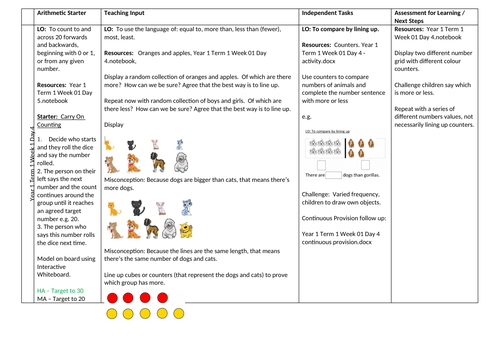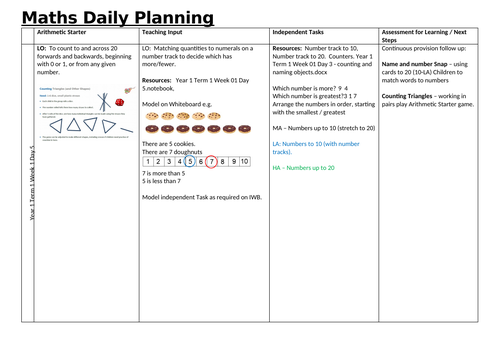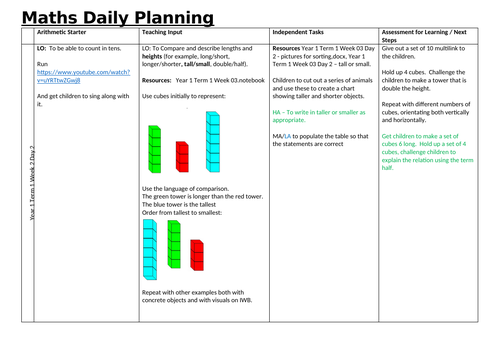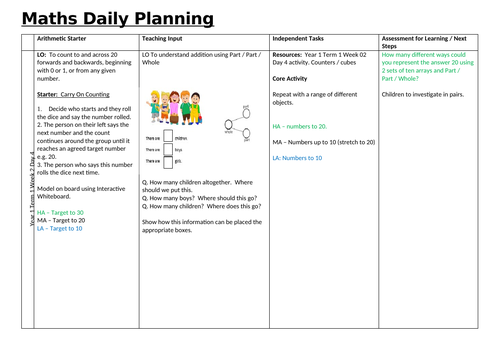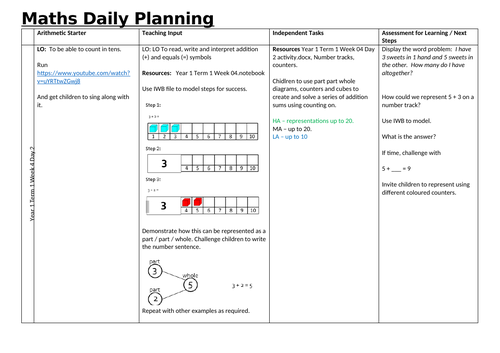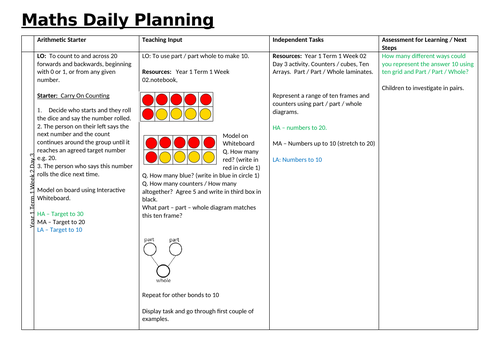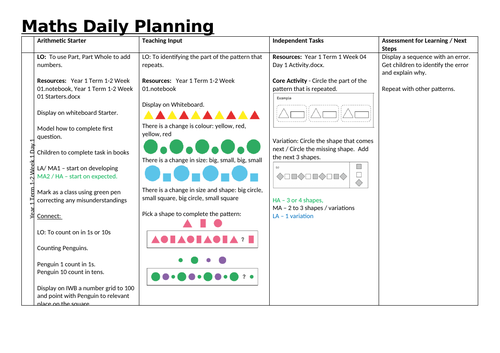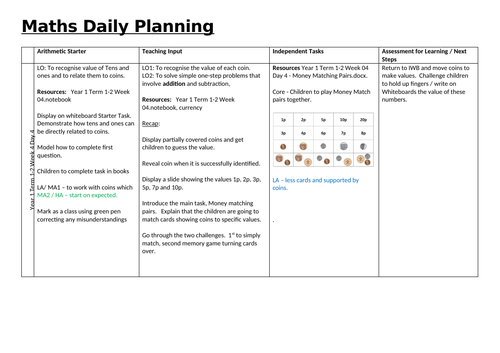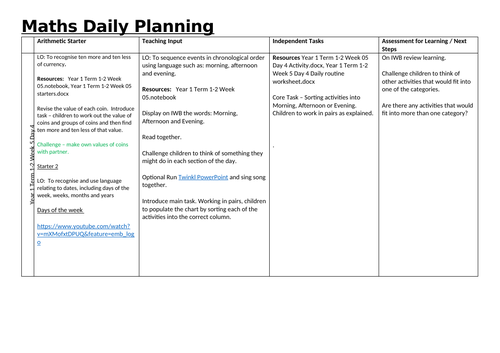MikeRichards' Shop
I am an ex-primary head teacher and English, Maths and History specialist. I've mostly worked in KS2, often in Year 6. Although for the last two years, I've been working in Year 1, which has been delightful! All the resources have been used successfully with children in a range of schools all over the country. I am constantly reviewing and updating my resources. Please follow me to ensure that you have the most up to date versions of the resources you buy.




